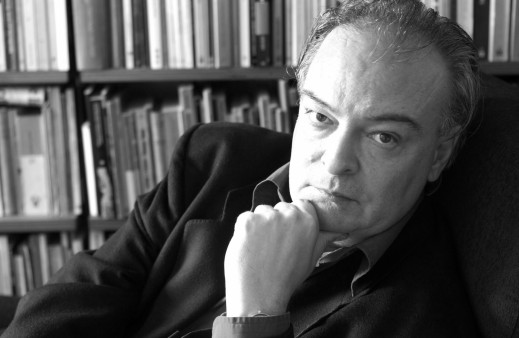Paris Never Ends
Original title: París no se acaba nunca
A sardonic recollection of the author’s days as a literary apprentice in 1970s Paris. Brilliantly fusing, autobiography, fiction and essay, the author relates his experiences as a young man attempting to write his first novel in a dreary Parisian attic; a flat whose landlady is none other than Marguerite Duras. Meanwhile, the author attempts to imitate, sometimes too literally, the life the young Hemmingway describes in ‘A moveable feast’. But, as the American writer defined himself in Paris as "very poor, but very happy", our narrator often finds himself in a very different situation: "very poor and very unhappy". In Paris no se acaba nunca (also the title of the last chapter of A moveable feast), Vila-Matas gives us the story of a young debutant in life and literature, told with an original slant on the classic tale of the sentimental education of someone on the run from mediocrity, hungry for triumph in the very centre of Art. After the resonant success of his last novel, El mal de Montano, in this new novel Vila-Matas manages a harmonious and brilliantly realised synthesis of the many facets of his singular narrative style.
A sardonic recollection of the author’s days as a literary apprentice in 1970s Paris. Brilliantly fusing, autobiography, fiction and essay, the author relates his experiences as a young man attempting to write his first novel in a dreary Parisian attic; a flat whose landlady is none other than Marguerite Duras. Meanwhile, the author attempts to imitate, sometimes too literally, the life the young Hemmingway describes in ‘A moveable feast’. But, as the American writer defined himself in Paris as "very poor, but very happy", our narrator often finds himself in a very different situation: "very poor and very unhappy". In Paris no se acaba nunca (also the title of the last chapter of A moveable feast), Vila-Matas gives us the story of a young debutant in life and literature, told with an original slant on the classic tale of the sentimental education of someone on the run from mediocrity, hungry for triumph in the very centre of Art. After the resonant success of his last novel, El mal de Montano, in this new novel Vila-Matas manages a harmonious and brilliantly realised synthesis of the many facets of his singular narrative style.
